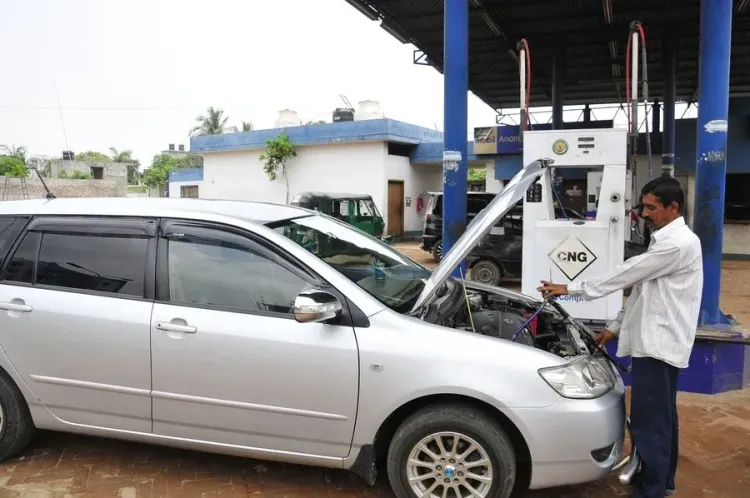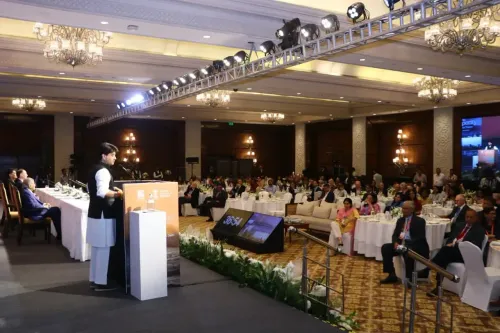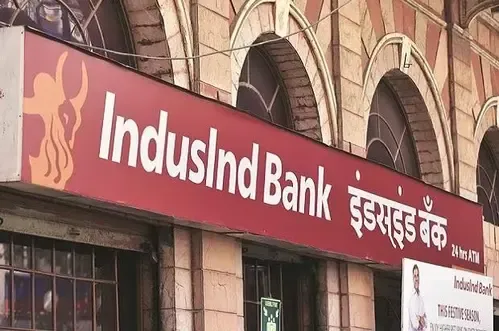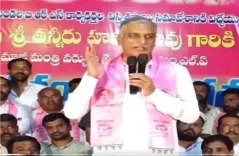How Do Green Vahan Guidelines Enhance LPG and CNG Retrofitment?

Synopsis
Key Takeaways
- New guidelines streamline the approval process for LPG and CNG kits.
- Elimination of bureaucratic hurdles enhances efficiency.
- Focus on innovation for small and medium enterprises.
- Proposed reduction in GST for LPG conversion kits.
- Expected environmental benefits through increased transparency.
Mumbai, Aug 20 (NationPress) The Indian Auto LPG Coalition (IAC) has expressed its support for the government's newly introduced guidelines that simplify the verification process for the installation of LPG or CNG kits in vehicles.
The revised guidelines require the uploading of 'Type Approval' and 'Layout Approval' Certificates for LPG and CNG kits onto the government's Green Vahan Sewa Portal. This change marks a crucial advancement in facilitating business operations within the alternative fuel sector, as noted by the industry body.
These new regulations have removed a longstanding bureaucratic practice that necessitated Type Approval Certificate holders to submit hard copies of homologation certificates to the State Transport Commissioner’s office, followed by extensive communication with various Regional Transport Offices (RTOs) across India.
The prior convoluted process resulted in delays, permitted fraudulent approvals, and placed a significant compliance burden on MSMEs and SMEs involved in the retrofitment industry.
With the implementation of this new system, verification of alternative fuel kits will occur directly through the Green Vahan Sewa Portal, thus eliminating the requirement for multiple physical submissions and dramatically lowering administrative overheads. The IAC stated, 'This change is anticipated to improve transparency, reduce fraudulent approvals, and expedite the registration process for manufacturers and kit suppliers.'
Suyash Gupta, Director General of the Indian Auto LPG Coalition, remarked, 'By eliminating unnecessary bureaucratic layers, the government has enabled Type Approval holders, mainly small and medium enterprises, to concentrate on innovation and service delivery rather than being bogged down by excessive paperwork.'
Additionally, the IAC has urged the government to lower the Goods and Services Tax (GST) on LPG conversion kits from 28 percent to 5 percent, aligning the tax rate with that of electric vehicles. The industry body previously emphasized that the lifecycle of battery electric vehicles (BEVs) produces 15-50 percent more greenhouse gases compared to hybrid and conventional engine vehicles.
–IANS
aar/vd









